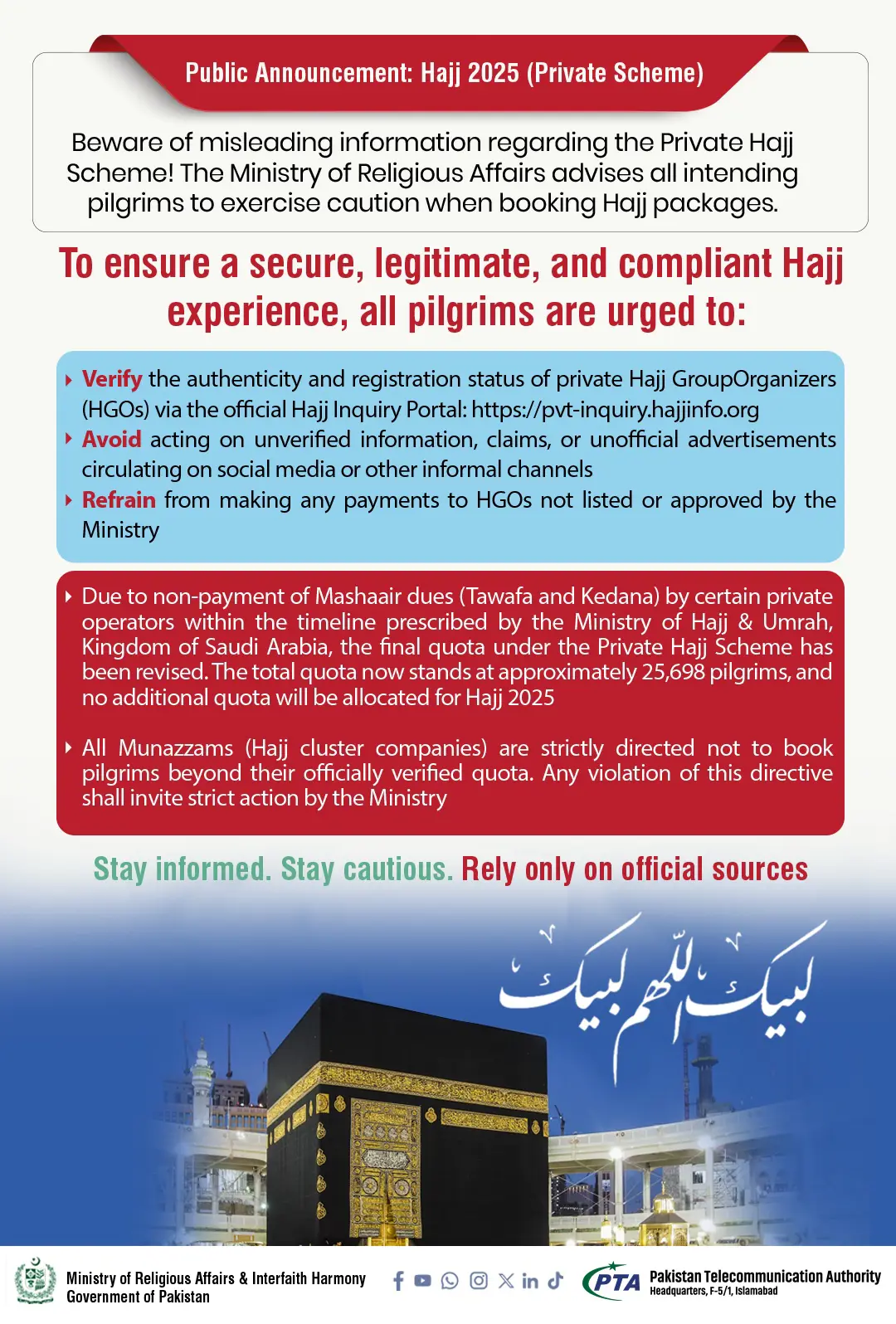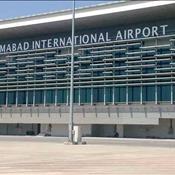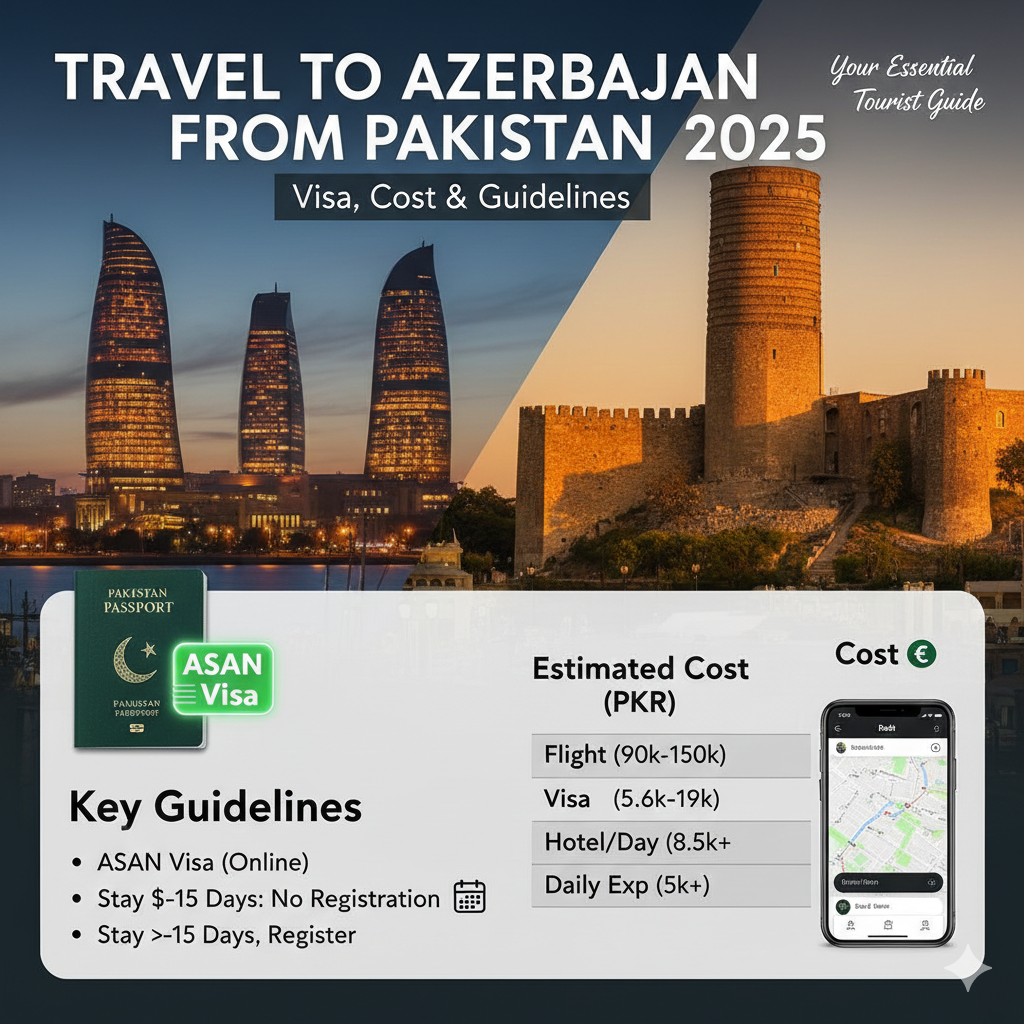
The Omicron variant is a variant of SARS-CoV-2 the virus that causes COVID-19. The variant was first reported to the World Health Organization (WHO) from South Africa on 24 November 2021. On 26 November 2021, the WHO designated it as a variant of concern and named it after omicron. Latest update about flights from Pakistan here.
Current knowledge about Omicron:
Researchers in South Africa and around the world are conducting studies to better understand many aspects of Omicron
Transmissibility:
It is not yet clear whether Omicron is more transmissible (e.g., more easily spread from person to person) compared to other variants, including Delta
The severity of disease:
It is not yet clear whether infection with Omicron causes more severe disease compared to infections with other variants, including Delta. Preliminary data suggests that there are increasing rates of hospitalization in South Africa, but this may be due to increasing overall numbers of people becoming infected, rather than a result of specific infection with Omicron.
Effectiveness of vaccines:
WHO is working with technical partners to understand the potential impact of this variant on our existing countermeasures, including vaccines.
Effectiveness of prior SARS-CoV-2 infection:
Preliminary evidence suggests there may be an increased risk of reinfection with Omicron (i.e, people who have previously had COVID-19 could become reinfected more easily with Omicron), as compared to other variants of concern, but the information is limited:
Effectiveness of current tests:
The widely used PCR tests continue to detect infection, including infection with Omicron, as we have seen with other variants as well.
Omicron variant reported in countries:
The variant was first reported to the World Health Organization (WHO) from South Africa on 24 November 2021. On 26 November 2021. Now it has been spreading world wide.
The list of those countries in which omicron variant has been reported:
- South Africa
- United Kingdom
- Germany
- Italy
And even though the omicron variant has been reported in several other countries in Europe, Asia, and North America.
Omicron Virus and its effects on Traveling:
When the omicron variant of COVID-19 was first identified in South Africa, the country's scientists were quick to inform global health leaders of the new mutations they had found. Though scientists have little information about the new variant and aren't certain where it originated.
The variant has prompted several countries to impose restrictions such as travel bans on several southern African countries, against the advice of the World Health Organization.
Following countries has suspended direct flights from African countries
- United States
- Canada
- United Kingdom,
- Israel
Omicron virus updates in Saudia Kuwait and Germany:
Saudi Arabia reacts on Omicron virus
Saudi Arabia suspended flights on Friday to and from South Africa, Namibia, Botswana, Zimbabwe, Mozambique, Lesotho, and Eswatini.Read Saudi Arabia news about Cyano and Cyano farm Vaccine.
Kuwait reacts on Omicron virus:
Kuwait has suspended direct flights from nine African countries, the cabinet has said.
The countries include South Africa, Namibia, Botswana, Zimbabwe, Mozambique, Lesotho, Eswatini, Zambia, and Malawi.
German reacts on Omicron virus:
Germany’s health minister has said he hopes that the sight of air force planes transferring patients across the country will act as a “wake-up call” to millions who are still holding out on getting vaccinated against COVID-19.
England reacts on Omicron virus:
England will also add Malawi, Mozambique, Zambia, and Angola to its travel “red list” from 4:00 GMT on Sunday, meaning British and Irish residents who arrive in the country must quarantine in a government-approved hotel for 10 days. Non-residents will be refused entry.
The list already contained Botswana, Eswatini, Lesotho, Namibia, South Africa, and Zimbabwe.
Recommended actions for people:
The most effective steps individuals can take to reduce the spread of the COVID-19 virus is to keep a physical distance of at least 1 meter from others; wear a well-fitting mask; open windows to improve ventilation; avoid poorly ventilated or crowded spaces; keep hands clean; cough or sneeze into a bent elbow or tissue, and get vaccinated when it’s their turn.
More Travel News
-
 27-Mar-2022New Ramadan Iftar Project guidelines Issued by Ministry of Islamic Affairs
27-Mar-2022New Ramadan Iftar Project guidelines Issued by Ministry of Islamic Affairs -
 29-Dec-2021ITI Freight Train Service Pakistan’s Gateway to Europe
29-Dec-2021ITI Freight Train Service Pakistan’s Gateway to Europe -
 15-Apr-2024New Umrah Visa Rules Announced by the Ministry of Hajj and Umrah
15-Apr-2024New Umrah Visa Rules Announced by the Ministry of Hajj and Umrah -
 15-Sep-2025Why the Face Remains Uncovered When a Pilgrim Dies in Ihram
15-Sep-2025Why the Face Remains Uncovered When a Pilgrim Dies in Ihram -
 06-Aug-2020The Best and Easy Way to Get Uzbekistan Visa From Pakistan
06-Aug-2020The Best and Easy Way to Get Uzbekistan Visa From Pakistan -
 17-Dec-2025difference between a group umrah and a customized umrah package
17-Dec-2025difference between a group umrah and a customized umrah package -
 12-May-2025Public Announcement: Embark on a Personalized Pilgrimage with the Private Hajj Scheme 2025
12-May-2025Public Announcement: Embark on a Personalized Pilgrimage with the Private Hajj Scheme 2025 -
 20-May-2020Top 5 Things Pakistani Airports Should Learn And Improve
20-May-2020Top 5 Things Pakistani Airports Should Learn And Improve -
 17-Jun-2025UAE Flights Update: Navigating the Fallout of the Israel-Iran Airspace Shutdown
17-Jun-2025UAE Flights Update: Navigating the Fallout of the Israel-Iran Airspace Shutdown -
 30-Oct-2025How to Choose Between a Beach Villa & Overwater Villa in the Maldives
30-Oct-2025How to Choose Between a Beach Villa & Overwater Villa in the Maldives -
 25-Nov-2025Travel to Azerbaijan from Pakistan 2025 – Visa, Cost & Guidelines
25-Nov-2025Travel to Azerbaijan from Pakistan 2025 – Visa, Cost & Guidelines -
.webp) 13-May-2025UK Immigration Overhaul: Skilled Workers Fast-Tracked, Care Worker Visas Halted - Understanding the New Rules
13-May-2025UK Immigration Overhaul: Skilled Workers Fast-Tracked, Care Worker Visas Halted - Understanding the New Rules
